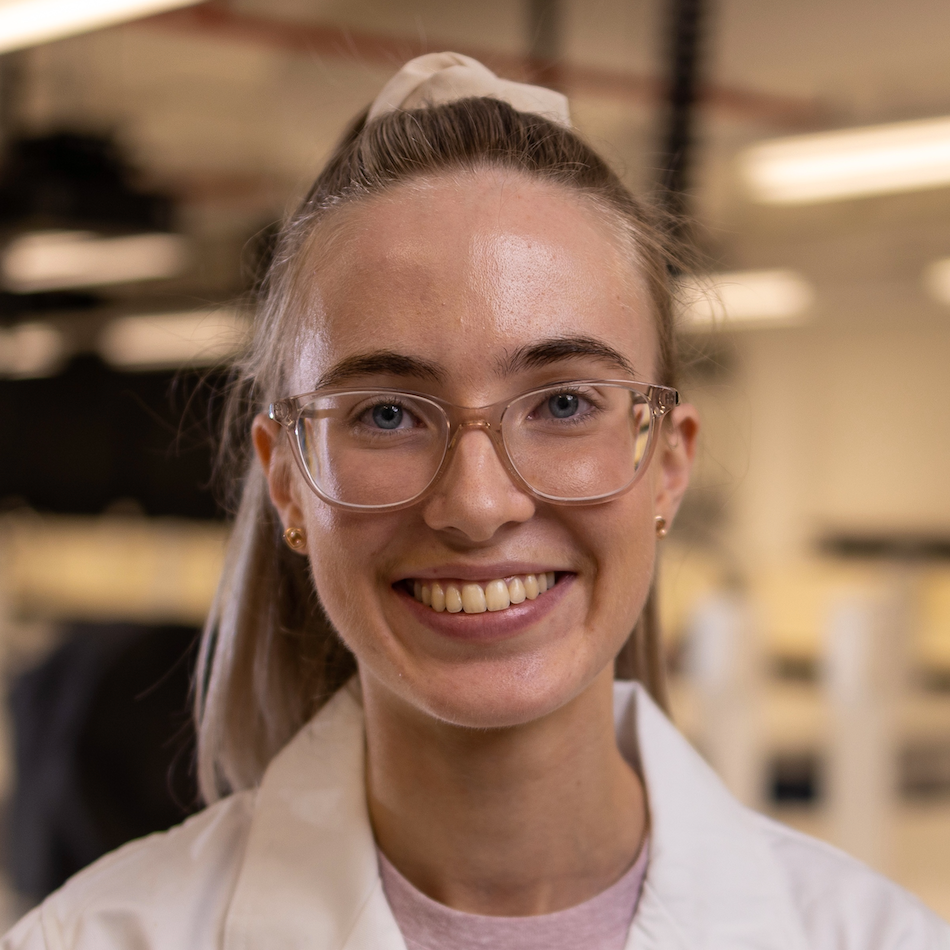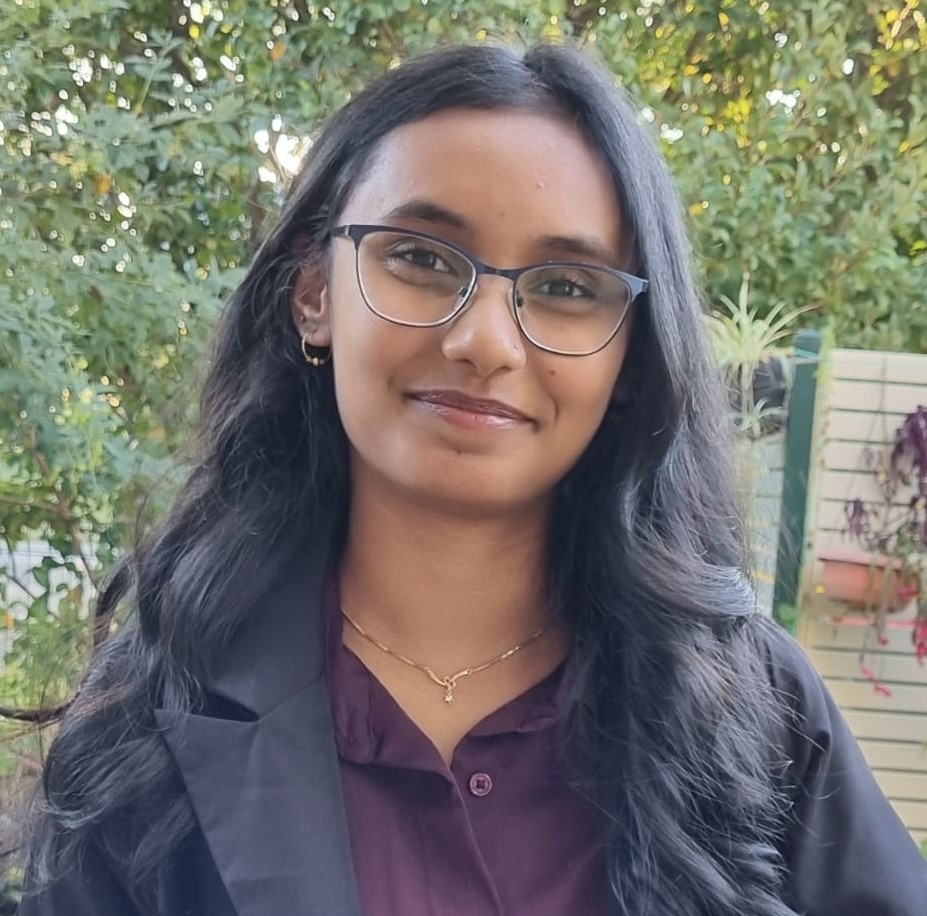Our Research
Our research focuses on extragalactic astrophysics and cosmology, investigating dark energy, supermassive black holes, and galaxy evolution using observational, theoretical, and computational approaches.
Research Topics
We invite enquiries from prospective undergraduate and postgraduate students who are interested in conducting astrophysics research at QUT. For further details, visit our contact page.
Research Experience Scheme
Each year, we offer undergraduate students an opportunity to participate in an astrophysics research project, which provides excellent development opportunities to transition to HDR study. Participating students become immersed in our group’s research activities and receive a hands-on experience with our experts and facilities. To be eligible to apply for the scheme, you must have completed at least 96 credit points from your undergraduate study at QUT. For more details, please contact Dr Michael Cowley or visit the VRES Information Site (summer vacation) or MY-RES Information Site (mid-year vacation).
Previous projects awarded:
| Scholarship Awardee | Research Project |
| Megan Barclay (MY-RES 2025) | Mid-Infrared Analysis of Accreting Supermassive Blackholes |
| Jennifer Hall (MY-RES 2025) | Understanding Dark Matter Halos with Galaxy Motion |
| Stephanie Clark (VRES 2024) | Filter Dependency in Mid IR-AGN Selection |
| Michelle Davies (VRES 2024) | Colours of the Rainbow, Classifying Galaxies Using Colour |
| Kelsey Hargraves (VRES 2024) | Radio Properties of WISE-Selected AGN in ASKAP-EMU |
| Samantha McIvor (MY-RES 2024) | Investigating Galaxy Dynamics: A Study Using SPARC Data |
| Alice Herbertson (MY-RES 2024) | An analysis of active galactic nuclei in the COSMOS2020 catalogue. |
| Shradha Dhavali (VRES 2023) | Investigating the impact of X-Ray AGN on the UVJ colour-colour space. |
| Pilote Muhoza (VRES 2023) | Investigating the impact of Infrared AGN on the UVJ colour-colour space. |
| Tenille Rennie (MY-RES 2023) | Malmquist bias and its impact on galaxy evolution. |
| Grace Hiley (VRES 2022) | Investigating the accuracy of the Lyman Break G-Dropout technique. |
| Madison Stibbe (VRES 2022) | AGN candidate selection via multi-wavelength selection diagnostics. |
| Daniel Lyon (VRES 2021) | An analysis of active galactic nuclei selection diagnostics. |
| Breanna Farley (VRES 2021) | The influence of environment on galaxy evolution at high redshifts. |
| Sarah Bradbury (VRES 2020) | Isolating the nuclear contribution to the observed SED of galaxies. |
| Dominic Cotter (VRES 2020) | The impact of varying the cosmological constant in a Hubble tension context. |
External Research Success
We actively support our astrophysics students in securing external research opportunities at leading institutions, helping them gain hands-on experience in cutting-edge astrophysics. These projects provide valuable opportunities to collaborate with international experts, develop advanced technical skills, and contribute to major discoveries in the field. Below are some examples of their recent achievements.
|
|
Shradha DhavaliInstitution: International Centre for Radio Astronomy Research (ICRAR) Shradha investigated Fast Radio Bursts (FRBs) using the Engineering Development Array 2 (EDA2), a prototype station for SKA-Low. Her project focused on developing a Radio Frequency Interference (RFI) and signal flagging algorithm, deriving upper limits on FRB daily rates, and visually inspecting FITS files in the search for FRB detections. Shradha is currently completing a Bachelor of Engineering (Honours) / Bachelor of Science at QUT. |
Daniel LyonInstitution: International Centre for Radio Astronomy Research (ICRAR-Curtin) Institution: Centre for Astrophysics and Supercomputing (CAS-Swinburne) Daniel was awarded two external research projects in extragalactic astrophysics. At ICRAR, he developed zfinder, a novel method using Fast Fourier Transforms to improve redshift measurements of high-redshift radio galaxies. At Swinburne, he investigated Ultra-Diffuse Galaxies (UDGs) by confirming Globular Cluster (GC) candidates, offering insights into their dark matter content. Daniel is currently completing his MPhil at QUT, researching the critical evaluation of Star Formation Rate (SFR) estimators in galaxies. He is expected to begin a PhD at Swinburne University soon. |
 |

|
Sarah BradburyInstitution: CSIRO & Macquarie University Institution: CSIRO Sarah was awarded two external research projects focused on pulsar observations. Her first project explored the use of pulsar intensities as random number generators for cryptographic applications. In her second project, she analysed pulsar data to identify Extreme Scattering Events (ESEs), which provide insight into plasma structures in the interstellar medium. Sarah completed her Honours at ANU and is now pursuing a PhD at ANU, continuing her research in astrophysics. |
